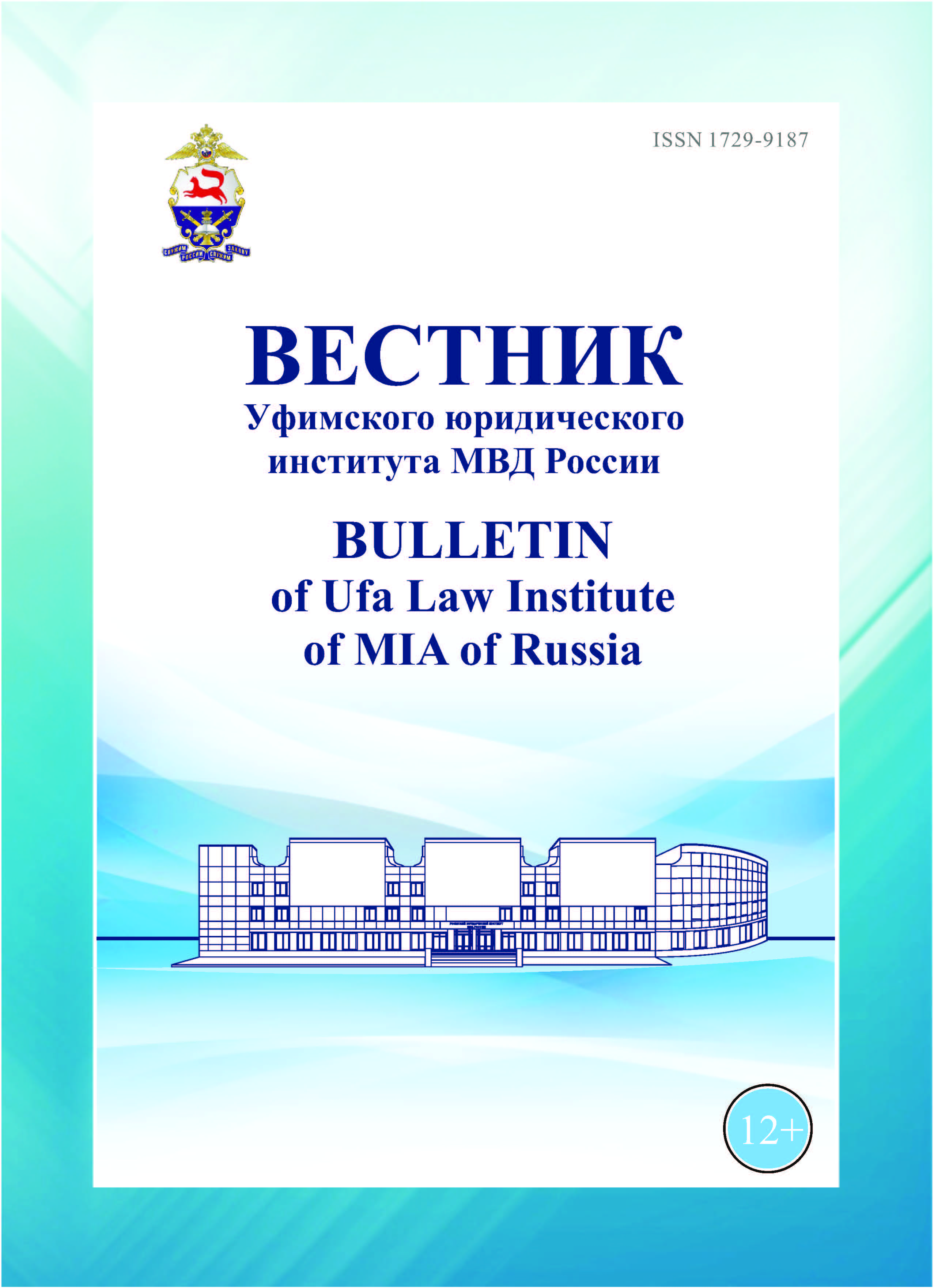Saint Petersburg, St. Petersburg, Russian Federation
Sankt-Peterburg, St. Petersburg, Russian Federation
UDC 37.013
The article discusses the topical aspects of adapting the field of pedagogical activity to the achievements of the modern information society, which dictates the objective course of the transformation of pedagogy into its digital external expression and filling the pedagogical process with appropriate digital content. Focusing on individual conceptual establishments of the theoretical provisions of connectivism and constructivism, as well as the personality-oriented side of digital pedagogy, the authors dwell in most detail on six of its areas: professional participation; digital resources; teaching and learning; grade; advanced training; promotion of digital competencies. Along with the above, the article clarifies the pedagogical potential of technological tools for the teaching staff. At the same time, the central idea of the article is to draw attention to the inexpediency of excessive enthusiasm for a clip of technological solutions to the detriment of the true meaning of pedagogy, which consists in the priority of the process of transferring the necessary knowledge and skills to students, in which specific means and technological innovations are secondary to the true mission of pedagogical dialogue. between different sides of pedagogical interaction.
education, digital pedagogy, digital competence, social network, online access, pedagogical tools
1. Toktarova V. I., Semenova D. A. Digital pedagogy: analysis, requirements and experience of implementation // Journal of Physics: Conference Series. 2020. Article Number 1691. P. 1–6.
2. Frost D. R., Gold M. K., Harris K. D. Curating Digital Pedagogy in the Humanities // Digital Pedagogy in the Humanities: Concepts, Models, and Experiments. New York : City University of New York (CUNY), 2020. P. 1–61.
3. Voronkin A. S. Philosophy of psychological and didactic concepts of education in the information society // Philosophical problems of information technologies and cyberspace. 2012. No. 2 (4). P. 55–65. (In Russ.)
4. Bořivoj B. Analýza počátečního stavu realizace dílčího úkolu vládou sledované Strategie digitálního vzdělávání. Praha : PPUČ, 2017. 22 p.
5. Hippel E. Democratizing Innovation. Cambridge, Massachusetts: The MIT Press, 2005. 205 p.
6. Sokolova A. S. Setevoe i distancionnoe obuchenie v sovremennoy Rossii: razlichie ponyatiy // Gramota. 2016. № 5(67). C. 197–199.
7. De Martino M., Kovalenko S. A., Tkach G. F., Izidori E. Obrazovanie v usloviyah razvitiya social'nyh setey: mezhdu splochennost'yu i kriticheskoy social'noy filosofiey novyh media // Vestnik RUDN. Seriya : Sociologiya. 2022. T. 22. № 1. S. 137–149
8. Väätäjä J. H., Ruokamo H. Conceptualizing dimensions and a model for digital pedagogy // Journal of Pacific Rim Psychology Volume. 2021. Volume 15. P. 1–12.
9. Vygotskiy L. S. Razvitie vysshih psihicheskih funkciy. M. : Izdatel'stvo Akademii pedagogicheskih nauk RSFSR, 1960. 500 s.
10. Bořivoj B. Analýza počátečního stavu realizace dílčího úkolu vládou sledované Strategie digitálního vzdělávání. Praha : PPUČ, 2017. 22 p.
11. Siemens J. Connectivism : Learning Theory for the Digital Age // Interactive Education. 2018. No. 6. P. 50–55. (In Russ.)
12. Sivirinov B. S. Tehnika i socium v buduschem: simbioz ili kiborgizaciya? // Uroven' zhizni naseleniya regionov Rossii. 2017. № 3 (205). S. 93–99.
13. Bekiaridis G., Hajjajm A., Martinez I. Digital Pedagogy Cookbook. Toolkit for Educators. 2021. 56 p. URL: http://digitalpedagogycookbook.eu/wp-content/uploads/2021/01/Toolkit_EN.pdf (data obrascheniya: 21.06.2022).
14. Frost D. R., Gold M. K., Harris K. D. Curating Digital Pedagogy in the Humanities // Digital Pedagogy in the Humanities: Concepts, Models, and Experiments. New York: City University of New York (CUNY), 2020. pp. 1–61.
15. Sokolova A. S. Network and distance learning in modern Russia: the difference between concepts // Gramota. 2016. No. 5(67). C. 197–199. (In Russ.)
16. De Martino M., Kovalenko S. A., Tkach G. F., Izidori E. Education in the context of the development of social networks: between cohesion and critical social philosophy of new media. Vestnik RUDN University. Series : Sociology. 2022. V. 22. No. 1. P. 137–149. (In Russ.)
17. Vygotsky L. S. Development of higher mental functions. M. : Publishing House of the Academy of Pedagogical Sciences of the RSFSR, 1960. 500 p. (In Russ.)
18. Sivirinov B. S. Technology and society in the future: symbiosis or cyborgization? // The standard of living of the population of Russian regions. 2017. No. 3 (205). P. 93–99. (In Russ.)
19. Bekiaridis G., Hajjajm A., Martinez I. Digital Pedagogy Cookbook. Toolkit for Educators. 2021. 56 p. URL: http://digitalpedagogycookbook.eu/wp-content/uploads/2021/01/Toolkit_EN.pdf (date of access: 21.06.2022).











